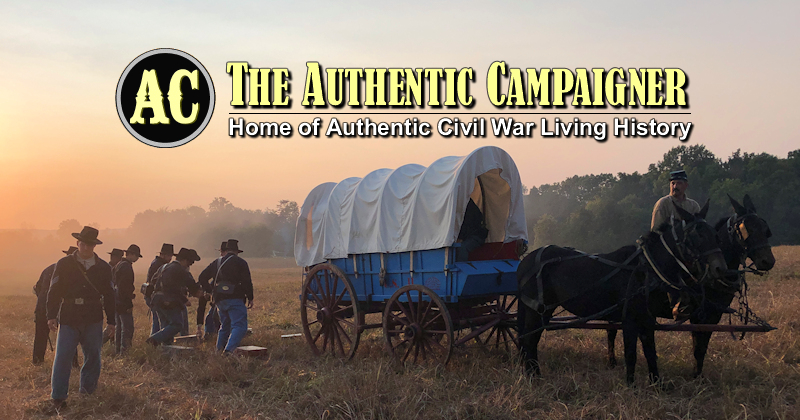Re: Supply Depots / Regiments
With that I'd guess you saw Capitol builder : the shorthand journals of Montgomery C. Meigs, 1853-1859, 1861 bit that comes up with a 2001 publication date. They also list a biography, Quartermaster general of the Union Army; a biography of M.C. Meigs by Russell Frank Weigley that was published in 1956.
Both sound rather interesting...
As for Ortons Records of the California Men in the War of the Rebellion I found it not to long ago in Google Books and now have a PDF file of it on this computer. :-)
With that I'd guess you saw Capitol builder : the shorthand journals of Montgomery C. Meigs, 1853-1859, 1861 bit that comes up with a 2001 publication date. They also list a biography, Quartermaster general of the Union Army; a biography of M.C. Meigs by Russell Frank Weigley that was published in 1956.
Both sound rather interesting...
As for Ortons Records of the California Men in the War of the Rebellion I found it not to long ago in Google Books and now have a PDF file of it on this computer. :-)






Comment